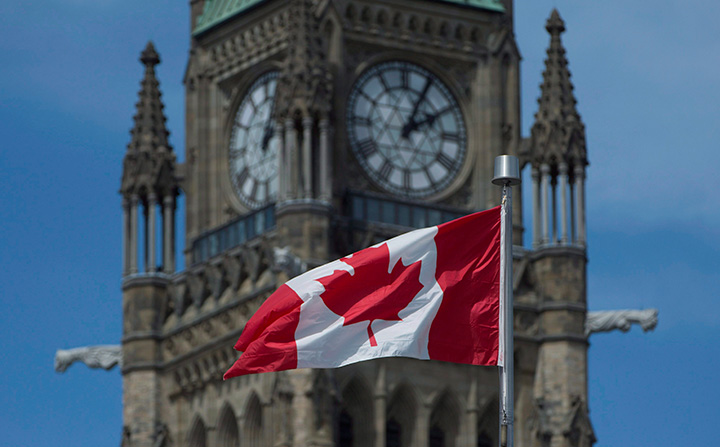Canada has moved up in the world as the second most socially advanced country, according to the 2016 Social Progress Index.

The index, released Tuesday, ranks 133 countries in three major categories; “Basic Human Needs,” “Foundations of Wellbeing” and “Opportunity.”
This year, Canada moved up into the top three countries ranking just behind Finland and just beating out Denmark. Canada was sixth overall in last year’s report.
Based on 53 indicators, Canada ranked 1st overall in the “Opportunity” category that measures indicators of personal rights, personal freedom and choice, access to advanced education and tolerance and inclusion.
“Canada is known for its social welfare policies. It also leads the world on the Opportunity dimension, ranking first place in Access to Advanced Education (87.42), thanks to its top-ranking universities and access to tertiary education,” reads the report.
The report suggests Canada needs to improve on the shelter indicator as the country sits 12th overall. The report said Canada, Sweden, Norway and Iceland rank outside the top ten in this category due to the lack of affordable housing. The 19th ranked U.S. tops Canada in the shelter indicator.
Here are the top 10 countries according to the 2016 Social Progress index:
1. Finland
2. Canada
3. Denmark
4. Australia
5. Switzerland
6. Sweden
7. Norway
8. Netherlands
9. United Kingdom
10. Iceland / New Zealand
As the Toronto Star points out, Canada’s worst ranking on the index fell (102nd) in the number of mobile phone subscriptions. For every 100 people, only 81 have a phone plan. Michael Green, the index’s director told the newspaper the ranking was “strikingly low.”
“That’s an area of social progress that’s really easy to fix. Countries with much lower levels of GDP have fixed it, and Canada is sort of falling back on that one,” Green told the Star. “Perhaps a slightly weird thing about Canada is that Canada is showing weakness in an area the world knows how to solve, on the other hand Canada is also doing pretty well on tolerance and inclusion, which is a much harder problem.”
You can read the full report here.




Comments